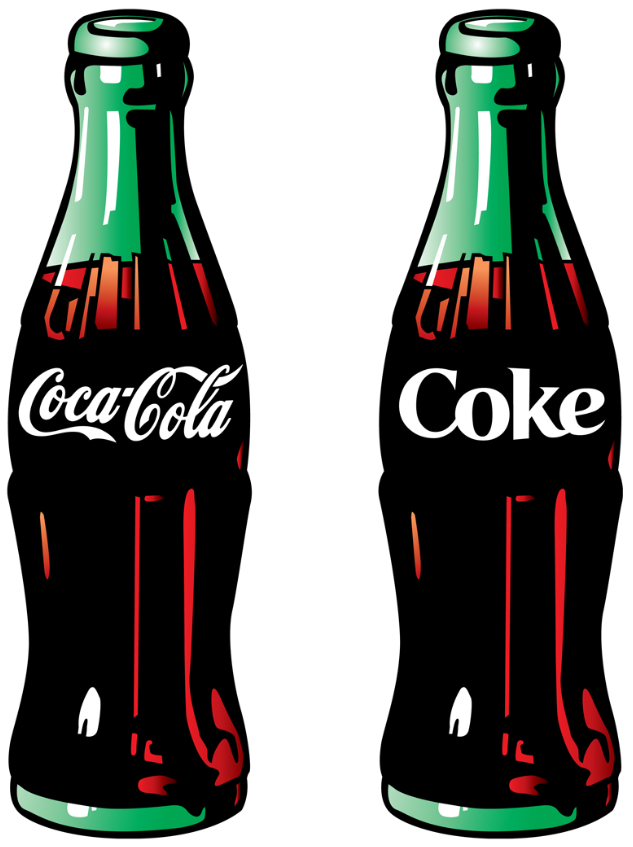PLAYTIME
Daniel H. Pink wrote a fascinating book, A Whole New Mind: Moving from the Information Age to the Conceptual Age (New York: Riverhead Books, 2005). I have found the work to be extremely relevant to so much of what is happening in our society today. Among the six aptitudes Pink says we must master to be successful in the Conceptual Age is play. The other five are design, story, symphony, empathy, and meaning. (For my prior blog posts in this series, please visit Blog.reliableinsights.com, 2/10/14 through today.)
When I was a kid, I somehow believed that play, fun, and humor were things that kids should enjoy, but it was somehow wrong for adults to enjoy them. While adults might find some occasional joy in play, fun, and humor, the unspoken understanding was that doing so somehow took away from an adult’s standing. You might have your “adult card” revoked if you became involved in play, fun, and humor. Therefore, as a kid growing into adulthood, I carried this distorted awareness that I should squelch my play, fun, and humor. After all, I was destined to become a bona fide adult.
Fortunately, that spell did not last very long.
The reality of play, fun, and humor is undeniable. Play, fun, and humor bring intangible benefits to everyone involved. This is true informally among our friends and associates, but it is equally true in formal contexts. Think about how much more meaningful a business meeting was that included something fun. Some psychotherapists are now specializing in “laughter therapy” because they recognize the power of laughter to invoke healing of the mind and body.
As our rapidly changing, increasingly technological world continues to evolve, taking us relentlessly into the Conceptual Age, play will be an aptitude we absolutely cannot afford to lose. It will be what keeps us human. It will challenge our intelligence in a playful way while refreshing our soul in the process. It will bond our teams in deeper ways than any organizational chart can. Pink affirms the terrific power of play:
“ Humor can be a cohesive force in organizations—as anyone who’s ever traded jokes at the water cooler or laughed over lunch with colleagues understands. Instead of disciplining the joke-cracker, as [Henry] Ford did in the last century, organizations should be seeking them out and treating a sense of humor as an asset. It’s time to rescue humor from its status as mere entertainment and recognize it for what it is—a sophisticated and peculiarly human form of intelligence that can’t be replicated by computers and that is becoming increasingly valuable in a high-concept, high-touch world. ” (p. 191)
Keep playing, I say. Keep playing!










